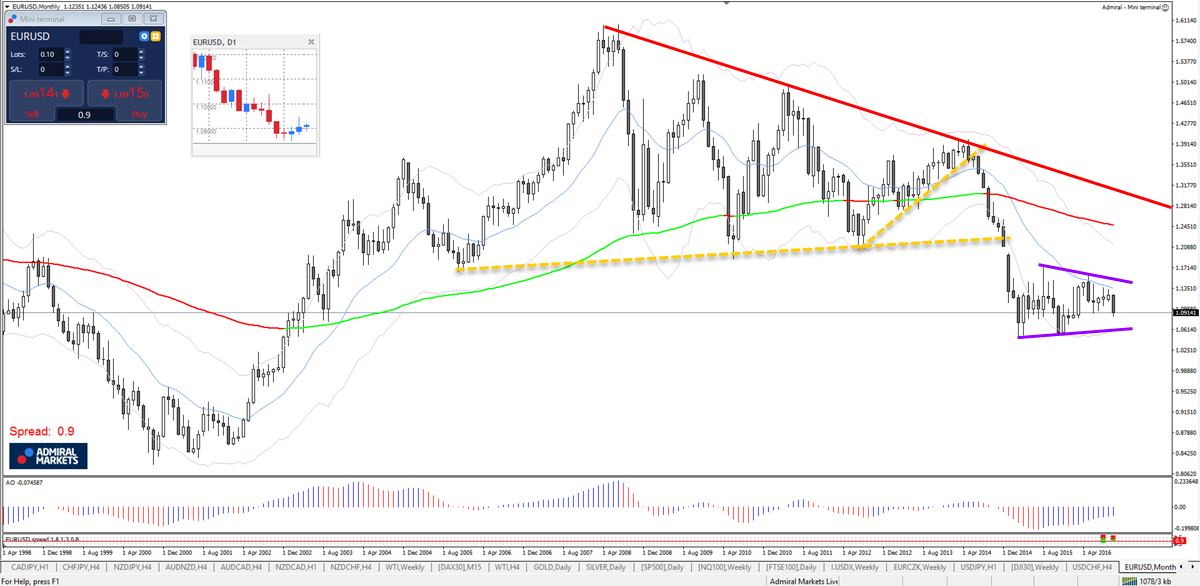Emerging markets
A US interest rate hike will most likely fuel or contribute to the USD uptrend.
As we indicated in an earlier article and according to a PWC study, a rate hike may see that some emerging markets may be adversely affected by the large amount of foreign currency debt they hold relative to their GDP.
This is especially true of Turkey, Colombia, South Africa and Peru.
The problem with a normalising rate environment in the US is that it means an increase on the loan repayments due to the rising rates and the rising USD relative to the local currency.
This may be the wild card event that precipitates the next global financial crisis, that being the foreign currency debt in the emerging markets.
Emerging markets least affected by foreign currency debt include the Philippines, India and Mexico.
We have seen the IMF in recent months raise this as a major risk and they may place pressure on the US Fed to go slow with any rate hikes.
This may only lead to slow rate of strengthening of the USD.
Russia and RUB
Although Trump Presidency could be tough on China and Mexico, a softer stance could be expected on Russia.
Both Trump and Russia's leader Putin have shown admiration for each other.
Although Trump has openly indicated that Putin is not his friend, he has informed the US public that Putin likes him.
Clinton, on the other hand, echoes anti-Russian rhetoric and blames Kremlin for hacking into her emails, which is something Russia denies.
We suspect that under a Clinton presidency, the estranged relationship with Russia will continue and so will the US and EU sanctions on Russia.
This could be different with Trump and we may see a softer stance with regards to the US-Russia relations.
All in all, we are expecting RUB strength under Trump and RUB weakness under Clinton.
USA and EU
The US was one of the lead initiators of the Trans-Pacific Partnership Agreement (TPP), which accounts for free trade among 12 countries, representing 40% of the global economy and 25% of world trade.

Obviously, arrangements like this are a way to divert future US trade with other major economic players such as the EU zone.
We would expect the TPP to remain in play under Clinton and either discarded or at least somewhat revisited under Trump.
Trump seems more focused on trade protectionism than Clinton, and is against expanding free trade.
Besides the TPP, there is a proposed Transatlantic Trade and Investment Partnership (TTIP) between the US and the EU.
This is currently a classified information and is expected to be agreed on by 2019/2020.
This major partnership agreement will shape the trade benefits between the US and EU in the future.
We expect that Trump will be less lenient on the trade terms than Clinton (if EU agrees in the first place).
This means the benefits to the US over the EU will be more likely under a Trump leadership and vice versa under a Clinton leadership.
